7 of the Best KS3 and KS4 Science Lesson Plans for Biology
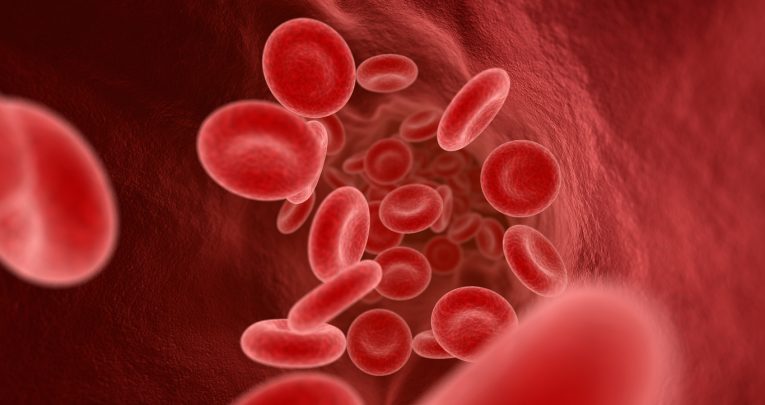
Dr Joanna Rhodes takes your students through seven amazing lessons looking at humans, animals and plants

- by Teachwire
- Classroom expertise and free resources for teachers
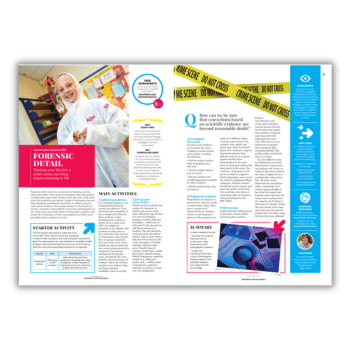
1 | Can We Use Science To Bring Animals Back From Extinction?
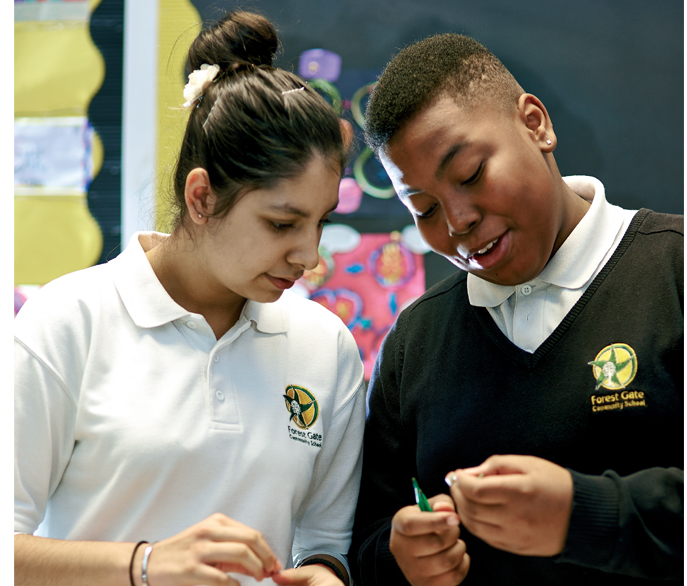
In this lesson, students will learn about biodiversity and how animals are adapted to live in their surroundings.
This will support an understanding of the reasons for species becoming extinct and what could be done to reduce the rate of extinctions currently taking place.
Students will also investigate whether science can bring species back from extinction.
Click here to get this free lesson plan.
2 | Should I Be Worried About Superbugs?
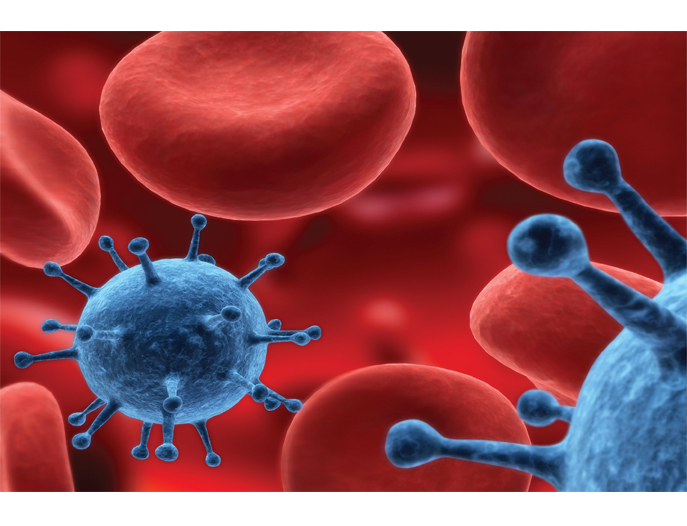
Panic-filled headlines about winter vomiting bugs, swine flu and resistant antibiotics are becoming more and more commonplace in the media, but is there a real reason to worry or panic, and what can we do about it?
This lesson plan will inspire pupils to dig beneath the scare stories and identify both genuine areas of concern, and ways in which these could be addressed.
Click here to get this free lesson plan.
3 | Roleplay Disease Prevention and Epidemics by Stopping the Spread of Ebola
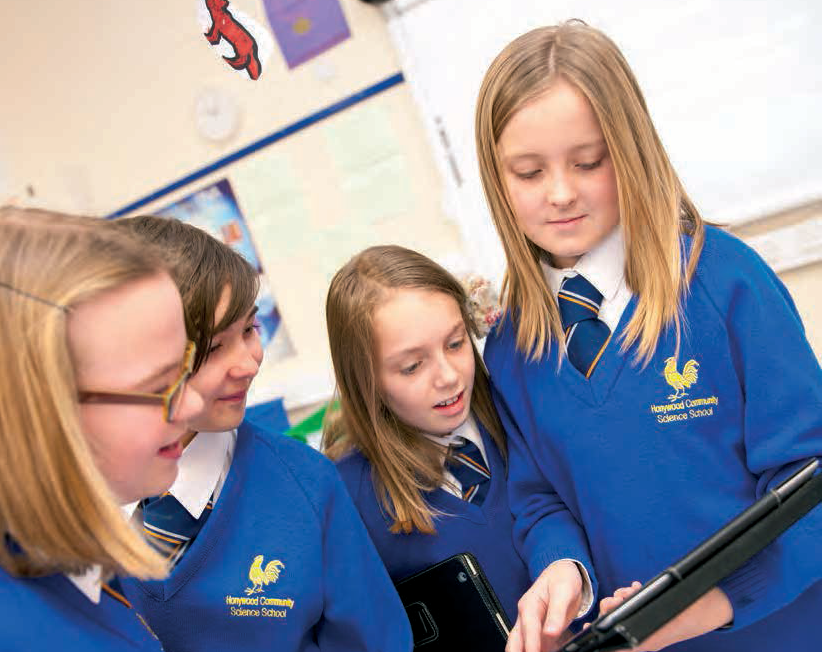
In this lesson plan, students assume the role of disease prevention experts and are tasked with devising a strategy to contain the spread of Ebola in parts of West Africa, in the process learning about the region’s various cultural and economic factors that serve to make an already complex situation even more challenging.
Click here to get this free lesson plan.
4 | Teaching Learned And Innate Animal Behaviours
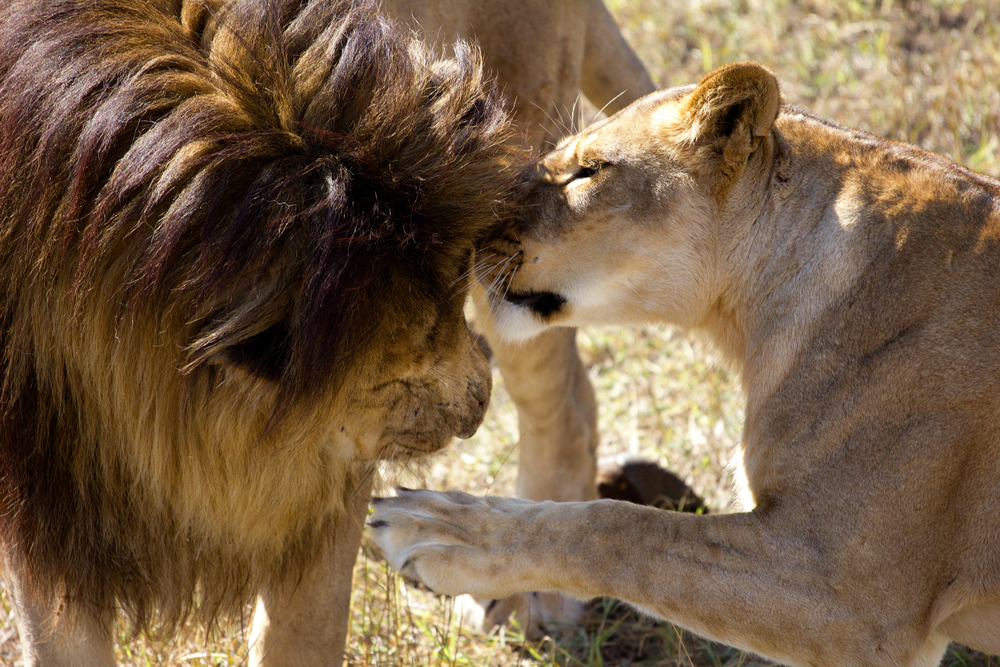
Dr Joanna Rhodes has been watching wildlife – and it’s given her some brilliant ideas for teaching about learned and innate animal behaviours.
In this lesson plan students will think about attraction and how and why animals perform elaborate rituals to attract a mate.
Click here to get this free lesson plan.
5 | Embrace The New GCSE Biology Specification With These Ideas
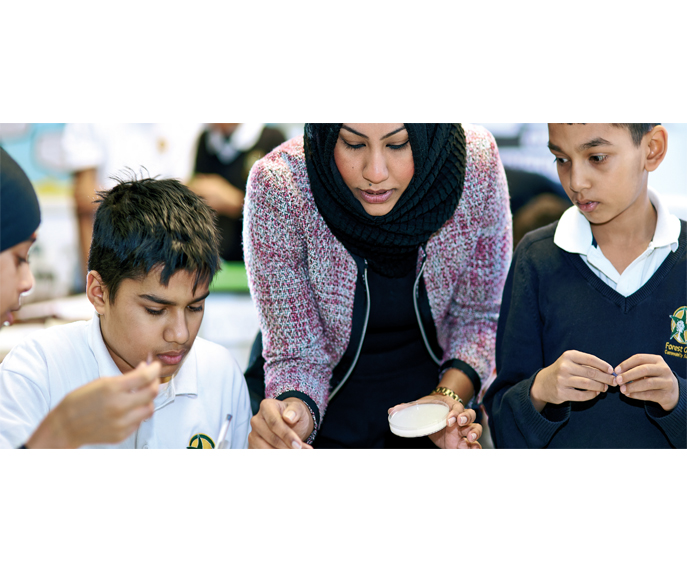
It can be challenging for teachers to prepare lessons on new parts of the biology specification, such as neuroscience and the functions of the brain.
New material such as the synthesis of monoclonal antibodies is a topic that has made it to KS4 from university research level and beyond, for example.
During this lesson students will complete a number of discrete activities which focus on the newest content from a range of examination boards at KS4 biology.
You could break up the activities, using them individually as they fit into the larger scheme of learning, or deliver them as a more intense experience suited for separate science taster lessons or as revision towards the end of the course.
Click here to get this free lesson plan.
6 | Explore Evolution Via Great Apes, Cabbages And Darwin’s Finches
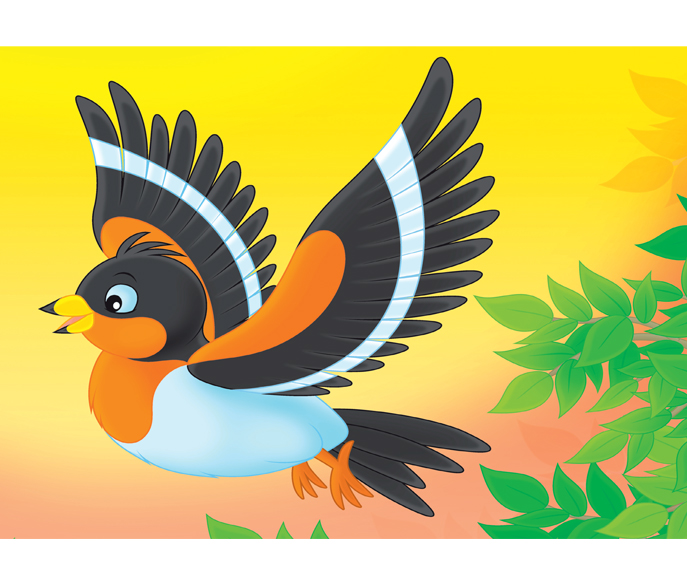
In this exploration of evolution, students begin by investigating family trees starting with the great apes, move on to the selective breeding of cabbages and, finally, create their own family tree.
In the next activity they retrace Darwin’s steps in the Beagle and model his work with finches on the island using an exciting hands-on approach.
An engaging follow-up looks at adaptation in more depth with Build-a-Beast, which provides the opportunity to create a lost world classroom display of animals the students have created shown in the environments they are adapted to survive in.
Click here to get this free lesson plan.
7 | Study the Biology of Plants to Determine how they Live, Grow, Feed and Compete

Dr Joanna Rhodes invites your pupils to study the private life of plants and observe first-hand how their determination to live, grow, feed and compete for territory rivals that of any animal.










